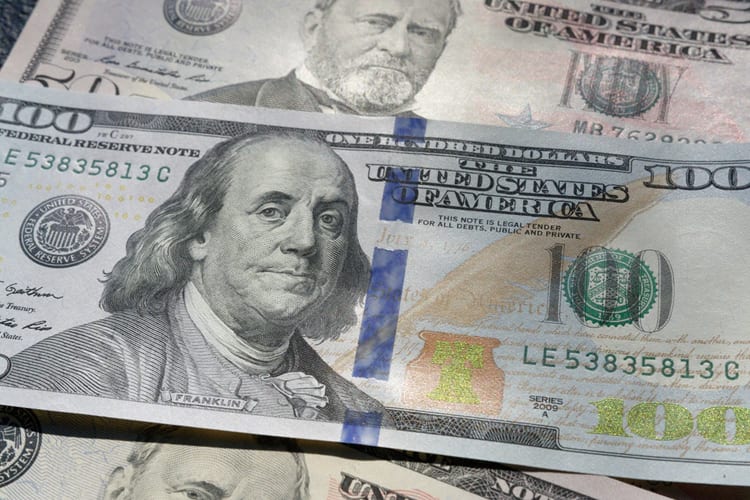Why This Round of Stimulus Payments Should Come Faster Than the First

When the coronavirus pandemic hit America, Congress took bold and decisive action to aid people in need. The CARES Act, the $2.2 trillion relief bill that passed in March, included roughly a quarter of a trillion dollars set aside for direct payments to taxpayers who earn less than $100,000 annually. The legislation was vital and groundbreaking, but not flawless.
One major complaint was speed. Although the president signed the CARES Act into law at the end of March, some Americans waited weeks or months to get their relief checks. The process wasn’t always seamless, and some people in need were left waiting for relief to come.
However, as Congress debates the terms of a second stimulus payment, many concerns from the first round of payments are gone. This relief program may end up including fewer Americans, but those that qualify should expect their checks much faster than last time.
Why Stimulus Checks Should Come Faster
Senate Republicans proposed the HEALS Act, a $1 trillion bill that includes, among other things, a second $1,200 stimulus payment to certain Americans. The bill, a response to the Democrat-proposed HEROES Act, is not expected to pass as written. However, lawmakers on both sides of the aisle have now proposed legislation with a second stimulus plan, so it’s almost certain to be included in whatever final bill lands on the president’s desk.
According to the Wall Street Journal, government officials believe that this check should come faster for a number of reasons. For starters, the CARES Act demanded unprecedented action from the IRS, and the organization didn’t have the necessary infrastructure to flawlessly roll out relief to more than 160 million Americans. Now that the IRS has set up the tools, collected the data, and done it once already, officials expect things should run more smoothly this time.
In addition, since Tax Day was pushed to July 15th, ideally the IRS just recently collected filings from most Americans, which may streamline the process. All in all, there’s plenty of optimism that as soon as a stimulus plan is signed into law, Americans should expect relief quickly.
As for when a bill may be passed, that’s less certain. Senate Majority Leader Mitch McConnell (R-KY) admitted that it could take “weeks” to finalize the legislation. To make matters worse, the Senate left Washington D.C. for recess without a deal, and will not return until September 8th.
It’s possible, but highly unlikely, that anything gets done before then. Even when senators return to Capitol Hill, the two sides may have weeks of negotiations ahead of them. Stimulus money should come quickly once it’s approved, but the approval is taking longer than expected.









